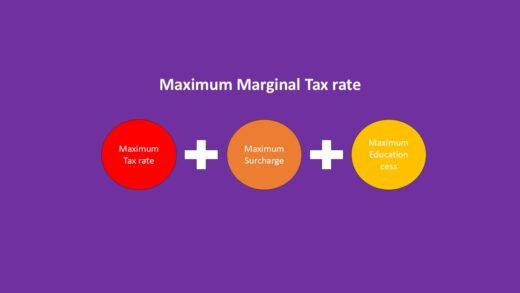Government of India’s one of the initiative in 2014, ‘Make in India’, boosting spirit of entrepreneurships and start-ups in India, was launched with an objective of job creation and skill enhancement and to transform India into a global design and manufacturing hub.
India is emerging with more and more entrepreneurship and start-ups across various sectors. Promoters / founders initially focuses on development of an idea and execution of same. With time, in order to grow and establish entrepreneurship in the larger market, need of raising funds from strategic / financial investor(s) arise. Companies with high leverage and asset light model would generally prefer equity over debt capital for various reasons such as insufficient assets for collateral, fixed interest costs, long term funding, maintenance of debt-equity ratio, etc. Usually, these are the times when concerns over controlling/voting rights versus economic rights arises. While on one hand promoters / founders with a vision to expand and grow their business would want to retain controlling power, on the other hand, strategic / financial investor(s), in order to protect their funds would also seek management role in addition to voting rights. Generally, financial investor(s) invests with an intension of exit in the near term, say 3-7 years and most of such exits take place through an IPO. Strategic investors invest with a view to expand their existing business or to diversify into new market with an intention of obtaining controlling stake in the longer run. Acquisition of controlling stake depends upon the mutual agreement between parties. However, sometimes, when it is not mutual, it may trigger hostile takeover by such strategic investor, despite various preventive measures available with promoters in addition to various protective regulatory regime. Speaking of hostile takeovers, recent acquisition of Mindtree Ltd by Larsen and Toubro Ltd is one such example.
Usually the traditional rule of one share – one vote is the practice from the corporate governance perspective. In order to protect the interest of both, promoters / founder and strategic / financial investor(s), the concept of shares with Differential Voting Rights (“DVRs Instruments”) aids an important role. DVRs Instruments are equity instruments that enable fund raising without dilution of promoters / founder’s control and may serve as defense mechanism against any hostile bid for change in control. In short, DVRs Instruments have rights disproportionate to their economic ownership. DVRs Instruments can be Superior Rights shares (“SR Shares”) or Fractional Rights shares (“FR Shares”) as to voting, dividend or otherwise (“DVRs Instruments”).
Globally also, DVR Instruments is a well-known concept and has been famously adopted by companies like Google, Facebook, Alibaba and Snapchat, etc, most of which started their journey as a start-up.
Indian regulatory regime has an interesting past when we speak of DVRs Instruments (To know more, refer Article ‘DVRs Instruments: Indian Saga‘). Thus, with time, regulatory regime around issuance and holding of DVRs Instruments are more restrictive and stricter. (To understand detailed regulatory regime, refer Article, ‘DVRs Instruments: Regulatory Framework‘. In-spite of this, DVRs Instruments are still considered to be one of the mode of restructuring capital in a Company especially in start-up scenario. It not only aids in protection of interest of Founders/ Promoters in a hostile takeover scenario, but also provides flexibility in taking decisions for smooth running of business. Further, special transactions can also be restructured with the help of DVRs Instruments, without attracting any adverse tax implications. (We have analysed common case study around DVRs Instruments in relation to tax implications in various scenario. To know more, refer DVRs Instruments: Transaction Tax. )
Recently, in the month of March, 2019, Amazon has invested an amount of INR 4,040.26 Crs for 49% stake in Witzig Advisory Services Pvt Ltd (“Witzig”) with a combination of 2 classes of equity shares i.e. 17% stake in Class A equity shares with voting rights and 32% stake in Class B equity shares with no voting rights. Further, as on August 2019, Amazon has acquired 49% stake for an amount of INR 1,500 Crs in Future Coupons Limited, a holding company of Future Retail group company, engaged in retail merchandise products. Essentially such kind of variation in class of equity was followed to adhere to FDI provisions, in light of various restrictions for foreign entities to obtain controlling stake in identified sectors.
Thus, its interesting to see how DVRs Instruments play vital role from commercial, regulatory and tax consideration.



